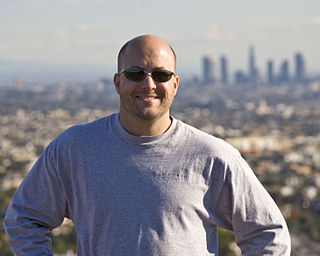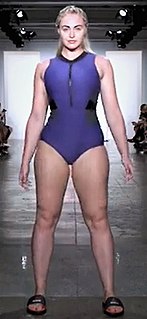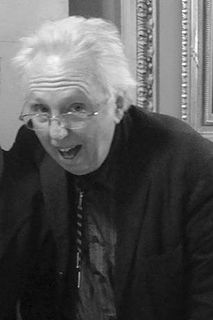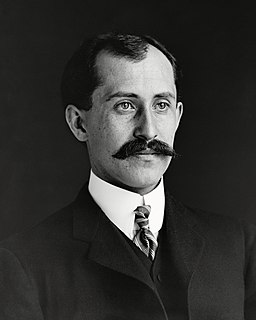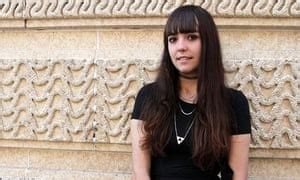A Quote by Walter Murch
'The Conversation' was the first film I edited on a flatbed machine - a KEM editing machine. I've been using Final Cut or the AVID for 12 years now, so I was interested in looking at this film and seeing if I could tell if it had been edited the old way.
Related Quotes
I re-mastered 'The Conversation' a few years ago for DVD. 'The Conversation' was the first film I edited on a flatbed machine - a KEM editing machine. I've been using Final Cut or the AVID for 12 years now, so I was interested in looking at this film and seeing if I could tell if it had been edited the old way. Truth be told, I couldn't.
I took a leave of absence from the internet company where I was working and bought a camera and a copy of Final Cut Pro editing software and made my first feature film, "Street Fight." It followed a crazy, racially charged mayoral election in Newark, NJ in which a young guy named Cory Booker was taking on the political machine of that city. It went on to be nominated for an Oscar and Emmy and was a real example of DIY film-making.
[ Digital revolution ] only has allowed me to work faster, editing digitally, which I'm doing right now, a film on volcanoes. I can edit almost as fast as I'm thinking, editing with celluloid means always searching for this little reel of film, and number it, and scribble on it with some sort of pens, and gluing it together, and working on a flatbed. It's much, much slower.
For a long time now, every meeting with another human being has been the reverberations after even the simplest conversation. But the deep collision is and has been with my unregenerate, tormenting and tormented self...I am unable to become what I see. I feel like an inadequate machine, a machine that breaks down at crucial moments, grinds to a dreadful halt, "won't go".
The hardest stories we tell are always about ourselves. How do you explain that you have been missing your mother for 20 years? I don't know how to explain that to you. I wasn't even sure I wanted to film that, because I don't know how I felt about it. I didn't want to put her through it, and I frankly wasn't ready. Because since I was 16, I just had created my own life for myself, you know? I left when I was 12. I'm 32. And I have gotten to know my mother more through editing her and looking and watching and editing her footage, you know.

